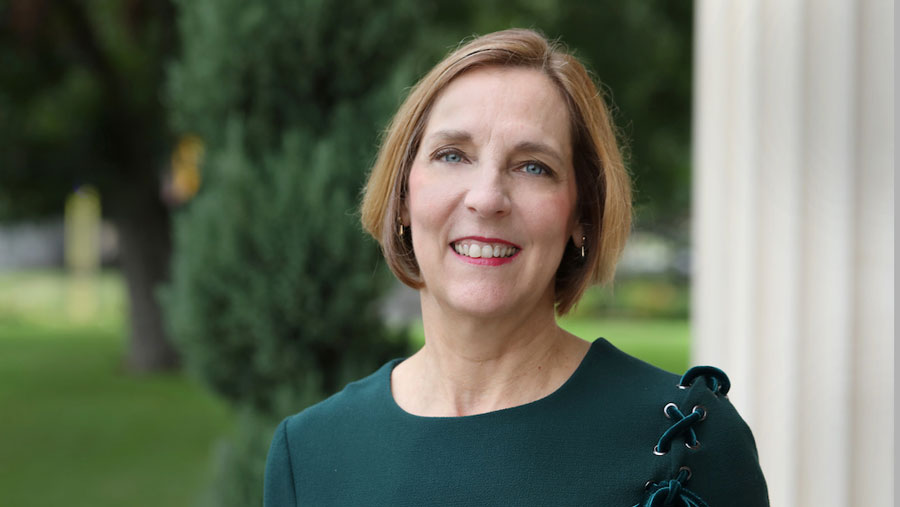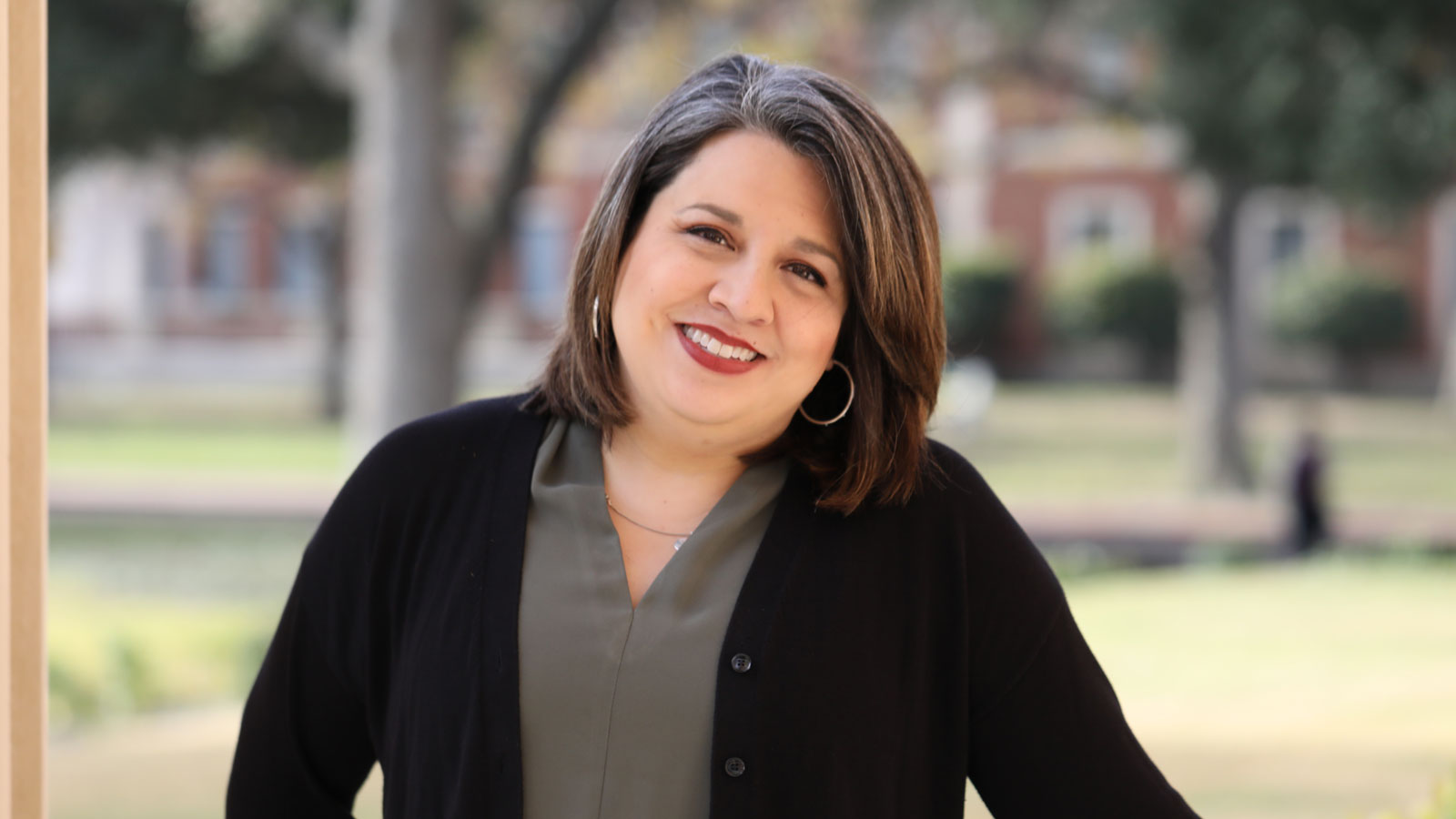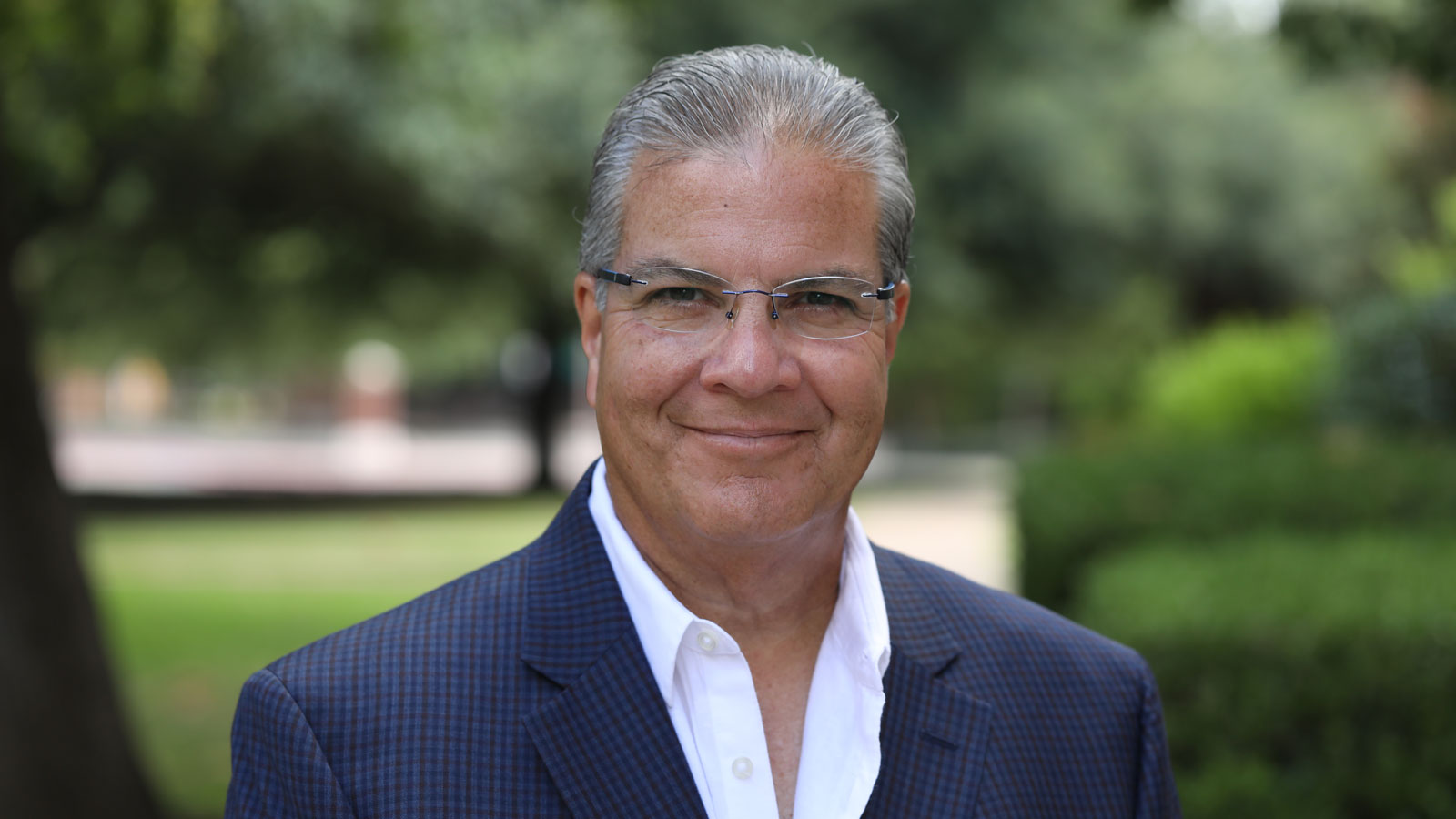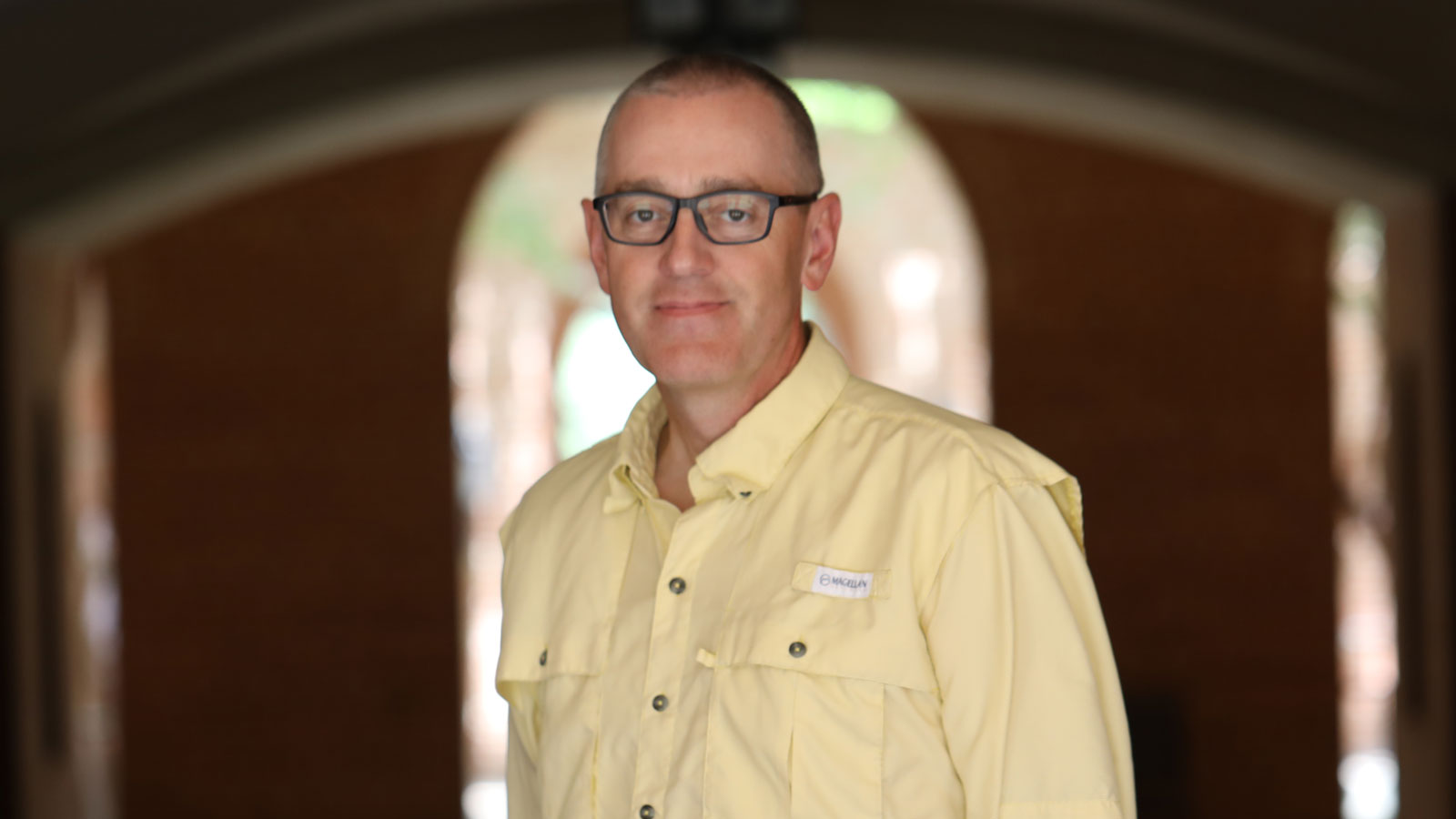Partners Across Borders
The College of Arts & Sciences is playing a vital role in advancing the University's impact across the Americas
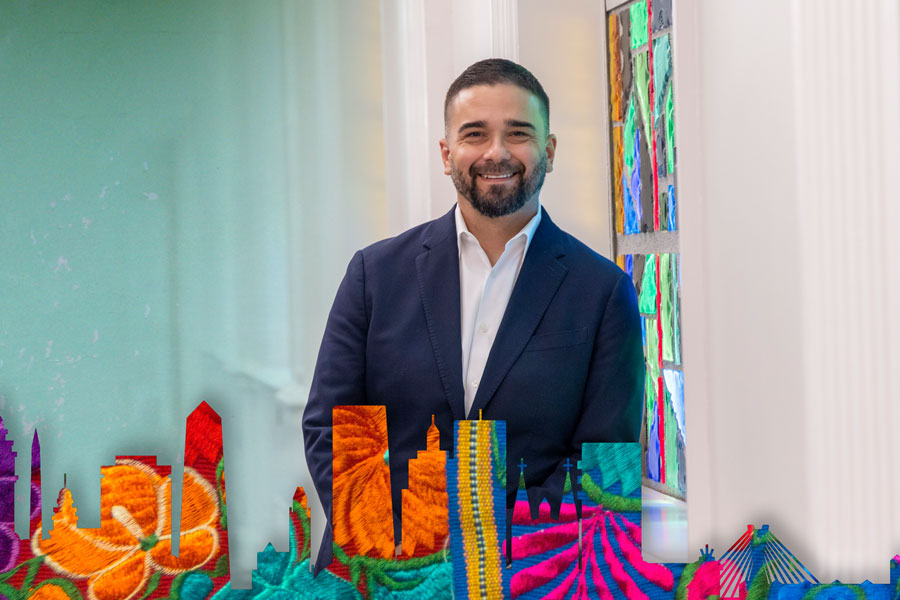
When Baylor launched its comprehensive strategic plan Illuminate in 2018, one of the five initiatives it contained — called Baylor in Latin America — challenged the University to enhance its position on the international stage though a greater focus on this increasingly important part of the world.
The broad goal of Baylor in Latin America is to forge new relationships and partnerships for collaboration across borders in the Americas — which the initiative defines to include South and Central America, Mexico and the Caribbean. It acknowledges that Baylor is strategically positioned geographically, academically and through its Christian mission to have a significant impact in Latin America.
“Talking about Baylor in Latin America, helping people understand the importance of it and increasing the diversity of our faculty who are interested in it — all of that will enable this effort to become much more part of the DNA of our University.” –Provost Nancy Brickhouse, Ph.D.
“We are very much influenced by what happens in Latin America,” said Baylor Provost Dr. Nancy Brickhouse. “These are our brothers and sisters. We need to care about what happens in Latin America, how we can be of service, and how we can help the people of Latin America to flourish.”
Brickhouse said Baylor in Latin America seeks to foster interactive partnerships built on mutual discovery — an approach different from using the strictly defined transactional or old-style missionary relationships once considered the norm.
“At the end of the day, somebody coming from Baylor University and swooping into Latin America to ‘fix things’ is probably not going to fix anything,” she said. “There’s so much we can learn from them as well. There are challenges in Latin America that we also have in the United States.”
Proximity and demographics are at the heart of the initiative, Brickhouse said.
“Texas is growing in terms of the Latino population, as is Baylor, and this is an opportunity for us to be more intentional about developing that relationship in a way that’s healthy and productive,” she said. “By many measures, Baylor is a part of Latin America — they’re not a distant neighbor. We are a borderland, and our fate is intertwined with those of our brothers and sisters in Latin America.”
The initiative creates opportunities for Baylor faculty and students to work with their academic and research counterparts in Latin America on topics ranging from clean water, climate, poverty and hunger to immigration, migration and human trafficking. In addition to tackling important current challenges, it also paves the way for many new artistic and cultural exchanges.
FIRST STEPS
A major step in fortifying the initiative was taken in the summer of 2023 when Dr. Felipe Hinojosa was named to the Jackson Family Endowed Chair for Baylor in Latin America to expand the University’s international footprint and advance the initiative’s priorities. The Jackson Chair initially will focus on Latin American water constraints.
Other recent hires which bolster the Baylor in Latin America initiative include: Dr. Eduardo Contreras Jr., vice provost for global engagement; Dr. Joao Chaves, assistant professor in religion who has expertise in Latino Christian communities; and two assistant professors in history with strong research projects in Latin America (see related article here).
“We’re getting a better idea of where we have experts on our campus who are already studying Latin America.” –Dr. Kristina Campos-Davis
To help lay the groundwork and envision new opportunities through the Baylor in Latin America initiative, one of the first things University officials did as part of Illuminate was undertake a “landscape analysis” of work already being done in the Americas by Baylor faculty and researchers. It’s a broad process that Dr. Kristina Campos-Davis, chief of staff to Baylor’s provost, said is ongoing.
“It’s helping us have a better idea of where we have experts on our campus who are already studying Latin America but might be siloed or isolated from others,” she said. “Once we have a better understanding of where Baylor already is, we can begin to look at the places we need to fill in. Part of this is that we have quite a few institutions around us that are already doing this work, so we’re trying to find our niche.”
“At Baylor, one key feature that our Latin American initiative has is this element of an extensibility to our Christian heritage.” –Dr. Carlos Cardoza-Orlandi
That “niche” centers around Baylor’s strong Christian mission, according to Dr. Carlos Cardoza-Orlandi, the Fredrick E. Roach Professor of World Christianity in the religion department who has worked with Campos-Davis in developing the initiative.
“Latin America is deeply religious,” he said. “In many of the other institutions, religion is not studied but just considered as a factor in history, anthropology, family studies and so forth. Here at Baylor, one key feature that our Latin American initiative has is this element of an extensibility to our Christian heritage and the possibility of actually taking very seriously other religious traditions in Latin America.”
EXPANDING ABROAD
Dr. Kimberly Kellison, associate dean for humanities and social sciences in the College of Arts & Sciences, said there are many areas of potential growth for faculty and students within the Baylor in Latin America initiative — especially among those who are working in arts and culture, government and governance, and immigration and migration. For example, Baylor’s Department of Modern Languages and Cultures and Latin American Studies program, both housed in Arts & Sciences, already have study abroad programs active in Brazil, Peru, Argentina, Mexico and Spain, among other locations. The new initiative will build on those.
“It’s not just what we’re doing there, but how research, teaching and engagement with other cultures is shared — from the student side and also from the instructor or researcher side with institutions in Latin American countries,” Kellison said. “Engagement and exchange of ideas is really important to this process.”
In much the same way, opportunities abound for collaboration in the sciences at Baylor on an array of issues that relate to Latin America.
“Health is a natural connection in terms of sciences,” said Dr. Charles Weaver, associate dean for sciences in the College of Arts & Sciences. “We’ve got folks in the environmental sciences programs, for example, involved in discussions of resource management and conservation that might influence the quality of water that citizens have. We want to provide opportunities for faculty who are interested in developing contacts in Latin American countries to find research partnerships and to find opportunities for their students to study in ways they haven’t up to now.”
More broadly, Weaver said Baylor in Latin America will put the University on an entirely new footing.
“The arc of Baylor University in the last 50 years has gone from it being primarily a Texas institution to becoming a regional, then national and now global institution,” he said.
“Baylor is part of a broader academic ecosystem that includes Latin America, and we need to make a stronger effort to participate more fully in that ecosystem.” –Dr. Paul Martens
Dr. Paul Martens, associate professor of ethics in the religion department and director of interdisciplinary studies in the College of Arts & Sciences, sees the Latin American initiative as an opportunity for Baylor to step forward in a new way.
“Baylor is part of a broader academic ecosystem that includes Latin America, and we need to make a stronger effort to participate more fully in that ecosystem — both in terms of learning and contributing,” Martens said. “We can’t pretend that huge sections of our culture and population aren’t engaged already in the exchange between the United States and Central and South America — culturally, linguistically, educationally, familial and all these ways. We need to understand and affirm the best parts of that, and we need to educate our student body on how to live in that matrix.”
THE LONG VIEW
A new component of the Baylor in Latin America initiative will have an official public kickoff of sorts in April 2024, when the Baylor Collaborative on Hunger and Poverty hosts Guatemala Sin Hambre — an international conference highlighting work Baylor is doing with the Guatemalan government, other universities, the United Nations and the World Food Program to shape a Guatemala “without hunger.”
The successful implementation of the Baylor in Latin America initiative is ongoing and will continue to contribute significantly to Baylor’s identity.
“Once these initiatives start, if you hire well and provide the right kind of support, they take on a life of their own,” Brickhouse said. “Talking about Baylor in Latin America, helping people understand the importance of it and increasing the diversity of our faculty who are interested in it — all of that will enable this effort to become much more part of the DNA of our University.”
